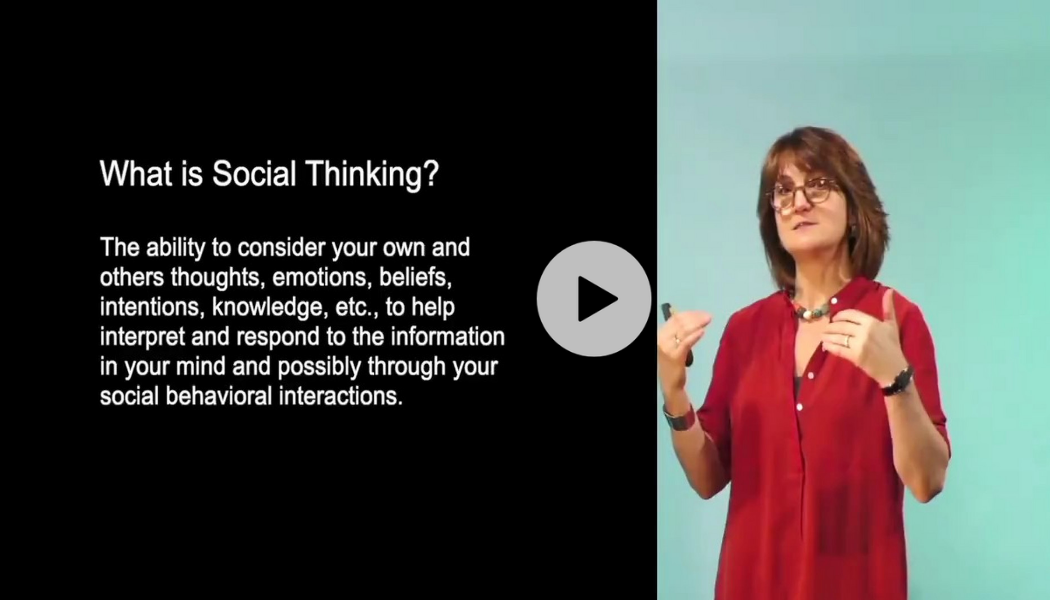Social emotional learning is cumulative, dynamic, and expected as we shift through different developmental stages across our lives. This developmental learning curve can be steep, and teens are often unprepared for what it really means to be considered an adult when they celebrate their 18th birthdays. For many young adults, it’s an exciting time to test new freedoms, choices, and experiences but also a confusing, largely unsupported time—and many new adults (and their parents!)—are woefully unaware of what awaits them in this brand-new social world where they are fully accountable for the positive and negative consequences of their choices and actions. This includes obeying laws, anticipating how to avoid problems, reading social situations and understanding the unique social expectations for different contexts, communicating effectively, sharing space with others, fostering and maintaining meaningful relationships, and much more. It’s a tall order if this learning isn’t intuitive!
Life Beyond the Bell Schedule—Why We Teach Social Emotional Learning to Adults, Regardless of Age
Starting at 18 years old, it’s expected for teens to transition into the mindset of living as an independent adult, yet their brains are not fully formed until they are in their late 20s. There is so much for individuals to learn on many fronts, including but not limited to relationship development (including sexual relations), executive functioning, financial management, and organized thinking. And this learning continues to evolve in complexity and sophistication throughout our adult lives.
All adults, regardless of age, are expected to be able to learn strategies to continue to better manage their time, budget, mental health, and personal hygiene and care, as well as prioritize what needs to be done based on their coursework or job. They are also expected to be able to ask for help as needed; and because they’re adults, others are not as eager or able to anticipate their needs. As adults, they can refuse assistance and advice given by loved ones, mentors, friends, or teachers. By the same token, those who have financially, academically, and/or emotionally assisted them in the past can also now refuse.
Throughout our 25+ years of research, practice, and teaching, we’ve focused on the needs of young and mature adults and have found that when these social learners are presented with relevant and explicit concepts, tools, and practical strategies to make sense of evolving expectations within the social world, they can continue to learn to improve their social emotional problem solving. They’re able to gradually gain social competencies that help them, step by step, achieve their own social goals as they learn to navigate the complexities of the adult social emotional world.
The Social Thinking Methodology offers a diverse array of research-informed resources, training workshops, practical strategies, and visual tools specifically for young and mature adults, Neurodivergent and neurotypical. These materials deeply explore social and emotional awareness and self-regulation; communication and relationship development; executive functioning and organization skills; anxiety management, and other social competencies to make each element visible, understandable, and doable.
Explore our broad range of products, online courses, and free resources for teaching practical concepts, vocabulary, and strategies to help guide social learners in some of the most significant learning of their lives.
 Join Event
Join Event
















 Thank you doesn’t seem enough for all that your teachings have done for me and my family! They have been a lifeline for me to re-connect with my 9-year-old. Everything you publish is 100% applicable. Keep up the amazing work!
Thank you doesn’t seem enough for all that your teachings have done for me and my family! They have been a lifeline for me to re-connect with my 9-year-old. Everything you publish is 100% applicable. Keep up the amazing work!